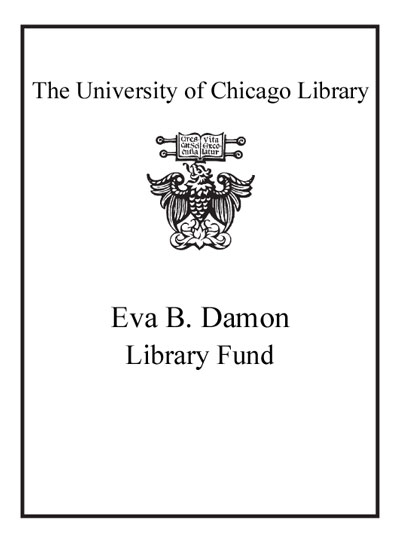Review by Booklist Review
In this biography of the Father of Our Country, Unger features Washington's role as an involved pater familias within his own household. Striving to portray Washington in humanizing ways, Unger uses his letters to a brood of relations, revealing Washington's precepts of guardianship as well as his ire when his advice on education and comportment was ignored. Deaths frequently required Washington's epistolary attention and commemoration, and from his formal style of expression, Unger coaxes forth Washington's pain and sadness. Alongside life's arc, Unger dwells most on Washington's meticulous operation of the slave-run Mount Vernon and his land speculations in the Ohio River county, scene of Washington's name-making military exploits. Lengthy quotation from Washington's diary and instructions to employees and agents make Unger seem overly enthusiastic about Washington's shopping lists. Yet this focus allows Unger to reveal a Washington who had extravagant tastes, which standard biographies tend to minimize. For history readers interested in private lives. --Gilbert Taylor Copyright 2006 Booklist
From Booklist, Copyright (c) American Library Association. Used with permission.
Review by Publisher's Weekly Review
In this latest biography of the founding father, Unger uses Washington's personal letters, diaries and "little notes to himself" to provide an intimate view of the American hero who managed to follow his ambitions to great power without being disdained for them. The legendary leader, Unger reveals, was a successful farmer who spent as much as, and often more than, he made, was generous with his wife and children and had to settle for the title of "adopted father" because of his inability to have children of his own. Skirting the cliched category of "renaissance man," Unger presents Washington as an early American prototype: the prescient and competent leader of men, who has taste, intellect and a strong conscience-traits which would ultimately be coaxed to action by John Adams. His love and care for Martha is resolute, and his friendship with the Marquis de Lafayette is revealed as sentimental and fatherly and without a shred of ceremonial stiffness. Unger's effort adds up to an engrossing and enjoyable read that allows the more well-known aspects of Washington's achievements to serve as context for his personal life. The famous Peale portrait may depict a stoic, even morose man, reflecting the leader of legend, but Unger's Washington is refreshingly romantic, a devoted husband and father who just happened to find success as a general and a president. (Sept.) Copyright 2006 Reed Business Information.
Review by Booklist Review
Review by Publisher's Weekly Review

